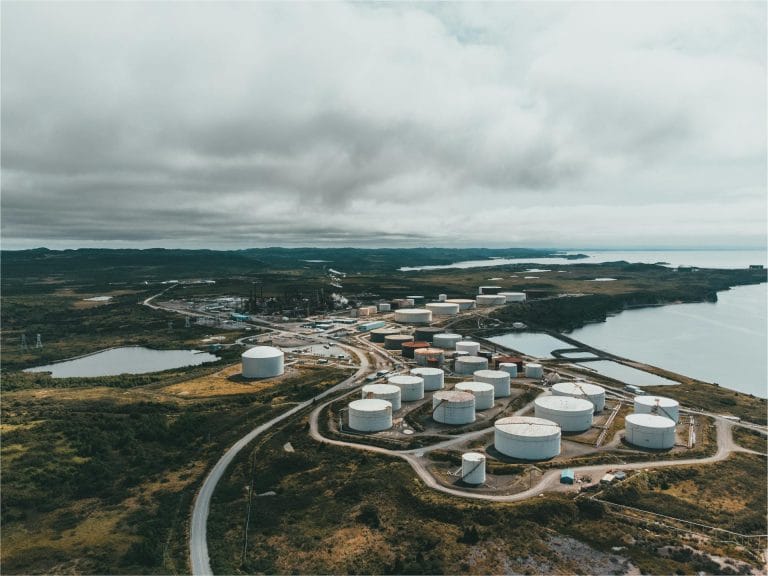Emerging Market Economies: Opportunities and Challenges
October 10, 2024 2024-10-04 10:41
Emerging Market Economies: Opportunities and Challenges
Emerging market economies (EMEs) are nations that are in the process of rapid growth and industrialization. These economies are characterized by a transition from low-income, less developed economies to more advanced, industrialized nations. Emerging markets offer significant opportunities for investment and economic growth but also present unique challenges. This article explores the defining features of emerging market economies, their current trends, opportunities, challenges, and their role in the global economy.
Defining Emerging Market Economies
Emerging market economies are typically classified based on several criteria, including economic growth rates, market accessibility, industrialization levels, and the development of financial markets. Key characteristics of EMEs include:
- Rapid Economic Growth: Emerging markets often experience higher growth rates compared to developed economies. This growth is driven by factors such as increased foreign investment, urbanization, and rising consumer demand.
- Expanding Middle Class: As economies grow, a rising middle class emerges, leading to increased consumer spending and demand for goods and services.
- Industrialization: Many emerging markets are in the process of transitioning from agriculture-based economies to more industrialized economies, which helps diversify their economic base.
- Investment Opportunities: Emerging markets often present attractive investment opportunities due to their potential for high returns. Investors are drawn to sectors such as technology, infrastructure, and consumer goods.
Current Trends in Emerging Markets
Several trends are shaping the landscape of emerging market economies:
- Digital Transformation: The rise of digital technology is transforming industries in emerging markets. E-commerce, mobile banking, and fintech solutions are driving economic growth and improving access to services.
- Sustainable Development: There is a growing focus on sustainability and environmental issues within emerging markets. Governments and businesses are increasingly adopting sustainable practices to address climate change and promote social responsibility.
- Geopolitical Influences: Global geopolitical dynamics impact emerging markets, with shifts in trade policies, foreign direct investment (FDI), and economic partnerships playing significant roles in shaping economic prospects.
- Infrastructure Development: Many emerging economies are investing heavily in infrastructure projects, including transportation, energy, and communication systems. This development is crucial for supporting economic growth and attracting investment.
Opportunities in Emerging Markets
Emerging markets offer numerous opportunities for businesses and investors:
- High Growth Potential: Emerging markets typically have faster economic growth rates, presenting opportunities for higher returns on investment.
- Diverse Markets: With expanding middle classes and increasing consumer spending, businesses can tap into diverse markets and cater to varying consumer needs.
- Investment in Innovation: Emerging markets are increasingly adopting new technologies and innovative business models, creating opportunities for companies that can offer solutions tailored to these environments.
- Access to Resources: Many emerging markets are rich in natural resources, providing opportunities for industries such as mining, agriculture, and energy.
Challenges Faced by Emerging Markets
While emerging markets present significant opportunities, they also face a range of challenges:
- Political Instability: Many emerging economies experience political instability, which can deter investment and disrupt economic growth.
- Economic Volatility: Emerging markets are often more susceptible to economic shocks, such as fluctuations in commodity prices, currency depreciation, and inflation.
- Infrastructure Gaps: Inadequate infrastructure can hinder growth and limit access to markets. Emerging economies may struggle to develop the necessary infrastructure to support rapid economic expansion.
- Regulatory Challenges: Complex regulatory environments can create barriers to entry for foreign businesses and complicate investment processes.
- Social Inequality: Rapid economic growth can exacerbate income inequality and social tensions, leading to potential unrest and challenges for governments.
The Role of Emerging Markets in the Global Economy
Emerging market economies are becoming increasingly important players in the global economy. As they grow, they contribute to global trade, investment, and economic development. Several factors illustrate their growing influence:
- Rising Share of Global GDP: Emerging markets are contributing a larger share of global GDP, reflecting their increasing economic power.
- Increased Trade: As emerging economies grow, they engage in more international trade, providing new markets for goods and services.
- Foreign Investment: Emerging markets attract substantial foreign direct investment, helping to drive economic growth and development.
- Cultural Exchange: As emerging markets expand, they contribute to cultural exchange and global connectivity, fostering a more interconnected world.
Conclusion
Emerging market economies offer a dynamic landscape characterized by rapid growth, innovation, and opportunity. While they face challenges such as political instability and economic volatility, the potential for investment and development is significant. Understanding the unique features and trends of emerging markets is essential for businesses, investors, and policymakers looking to navigate this complex environment. As these economies continue to evolve, they will play an increasingly vital role in shaping the future of the global economy.
Important Information
- Defining Characteristics: Rapid economic growth, expanding middle class, industrialization, investment opportunities.
- Current Trends: Digital transformation, sustainable development, geopolitical influences, infrastructure development.
- Opportunities: High growth potential, diverse markets, investment in innovation, access to resources.
- Challenges: Political instability, economic volatility, infrastructure gaps, regulatory challenges, social inequality.
- Global Role: Rising share of global GDP, increased trade, foreign investment, cultural exchange.
Related Posts
Emerging Market Economies: Opportunities and Challenges
October 10, 2024 2024-10-04 10:41Popular Tags





























